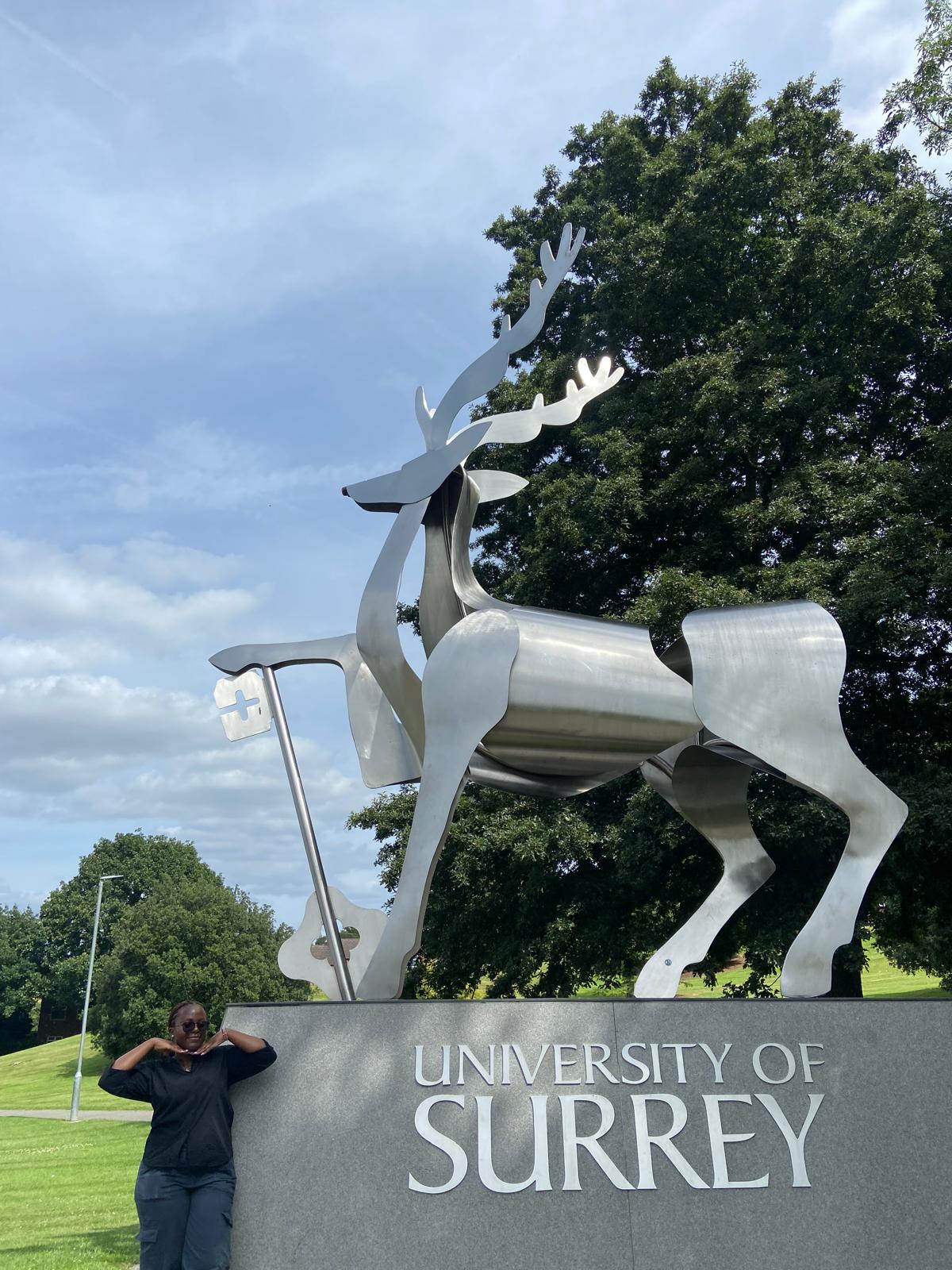Leaving home is a life-changing experience. When you grow up in a familiar community, surrounded by people who share your language, culture, and traditions, moving to a new country can feel like stepping into an entirely different world. There’s excitement in the newness of it all, but also a deep sense of disconnection—one that often turns into homesickness.
One of the strangest parts of settling into a new place is realising that you are now a minority. Everything that once felt normal—your accent, your food, your customs—suddenly makes you stand out. The people around you may be welcoming, but the subtle (or sometimes obvious) cultural differences can make it hard to feel completely at home. You’re constantly navigating two worlds: trying to integrate into a new culture while holding onto the one you left behind. It’s a delicate balance, and at times, it can feel overwhelming.
For me, the transition was made easier by the International Arrivals Week at my university. These events gave me the chance to meet other students who were also adjusting to life in a new country. I found a few friends from East Africa, and those early conversations—reminiscing about life back home, laughing about shared experiences—offered a sense of comfort. It was reassuring to know that I wasn’t alone in what I was feeling. But homesickness isn’t something that just disappears after a few weeks. In many ways, it intensifies with time. The longer you’re away, the more you realise how deeply connected you are to home.
One of the best ways to manage this feeling is by finding communities that remind you of home. Universities often have cultural societies that bring students together based on shared backgrounds and experiences. Joining these societies can help you build friendships with people who understand the challenges of being far from home. However, for some students, especially those from smaller communities, finding a ready-made support system isn’t always easy.
That’s why I decided to start the Eastern and Southern African Society. I wanted to create a space where students from these regions could connect, share experiences, and support each other. I chose to bring together both East and Southern Africa because, despite the differences, our cultures are intertwined in many ways. We share histories, languages, and traditions that make it easy to relate to one another. Through this society, I have met people who understand what it’s like to be far from home. On days when homesickness hits, I know there are friends I can talk to—people who get it without needing an explanation. I can speak my native language, share meals that remind me of home, and simply exist in a space where I don’t have to explain myself.
Building this community has been one of the most rewarding parts of my university experience. We’ve hosted meet-and-greet sessions, movie nights, and cultural discussions that have brought people together. The turnout for these events has been incredible, showing that many students long for that sense of belonging. It’s not just about nostalgia; it’s about finding comfort in a shared identity.
Homesickness is a reality for most international students, but it doesn’t have to be isolating. Finding people who understand your experiences makes a world of difference. Whether through existing societies or by creating your own, building a community can help bridge the gap between home and where you are now. Because at the end of the day, home isn’t just a place—it’s the people who make you feel like you belong. Luckily for me, through all the support and advice I have gotten, Surrey became a home away from home; I place I long to come back to!

